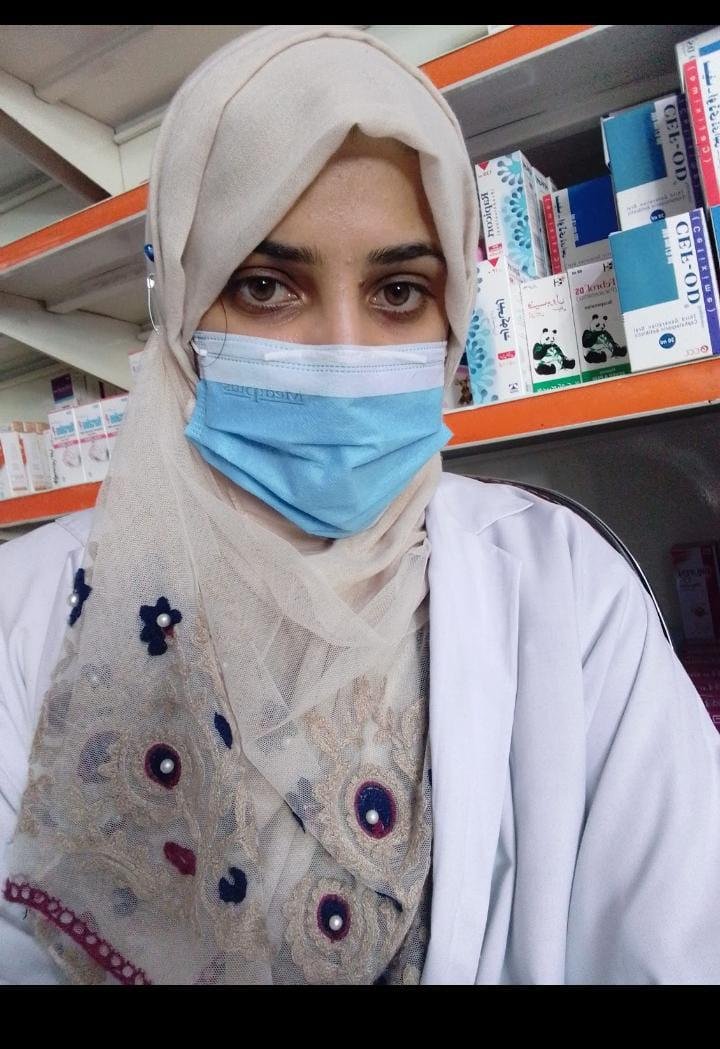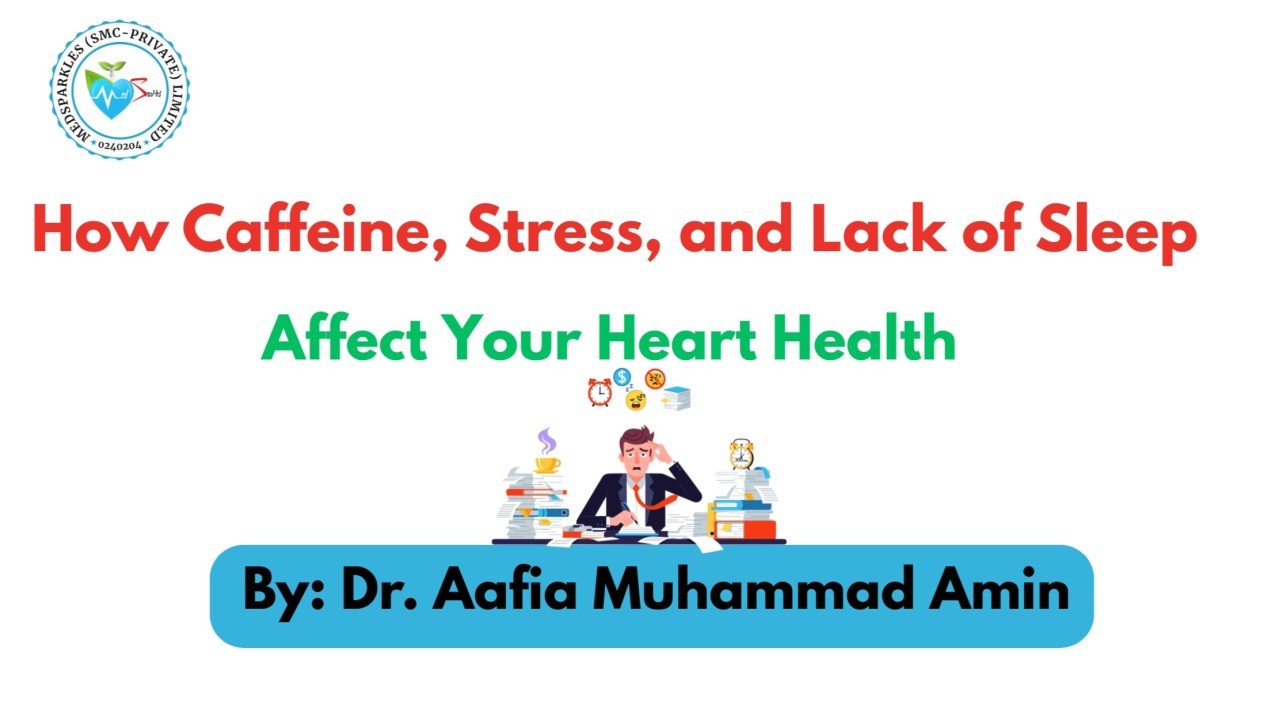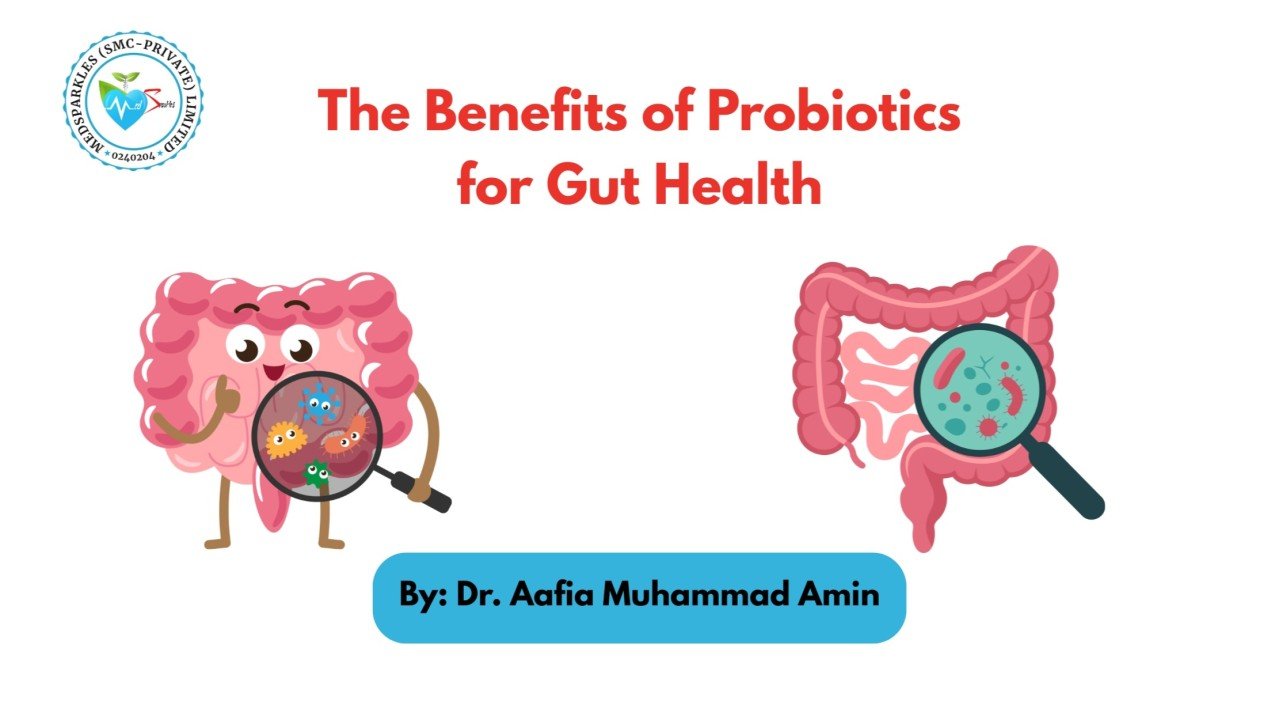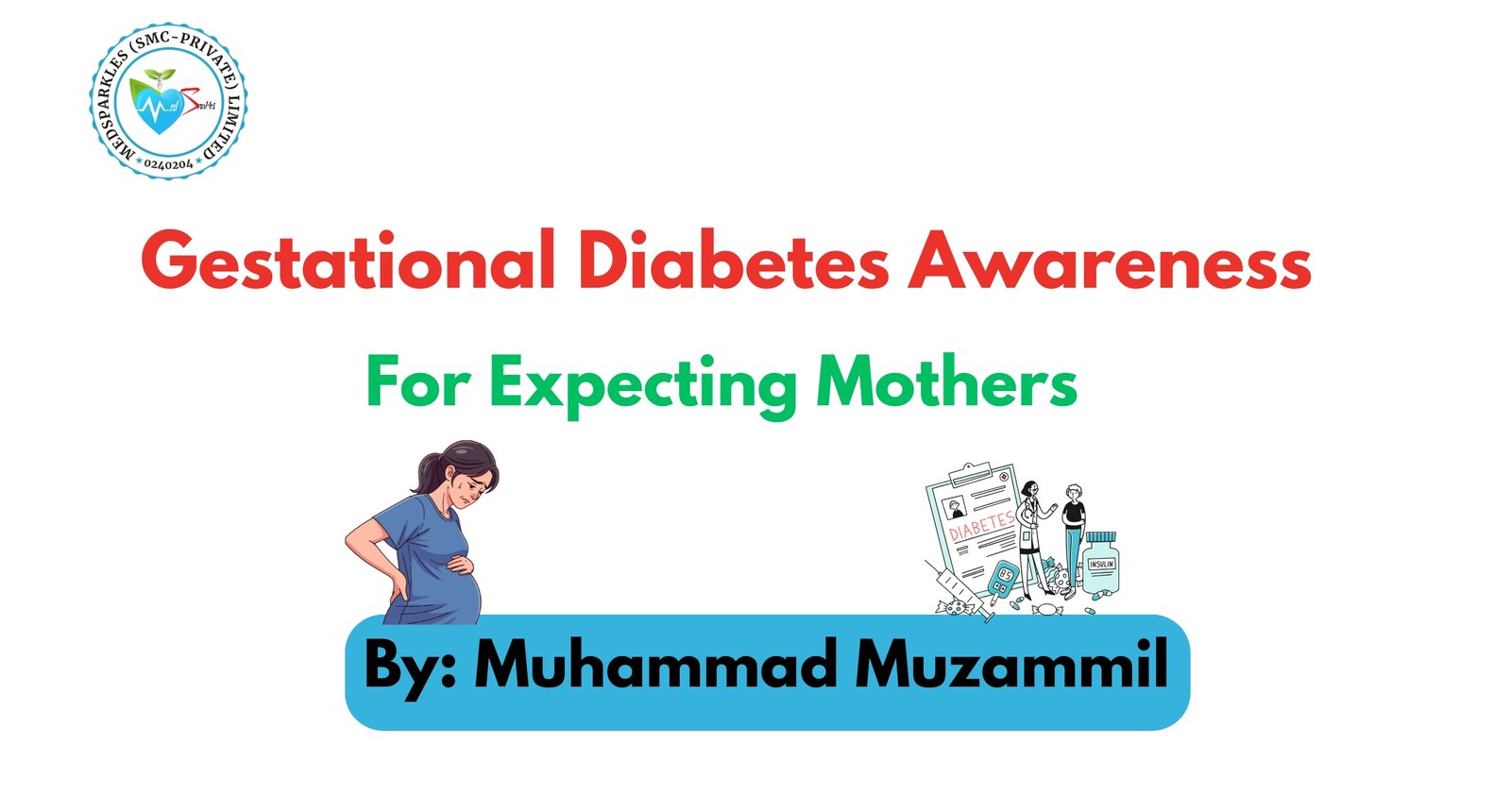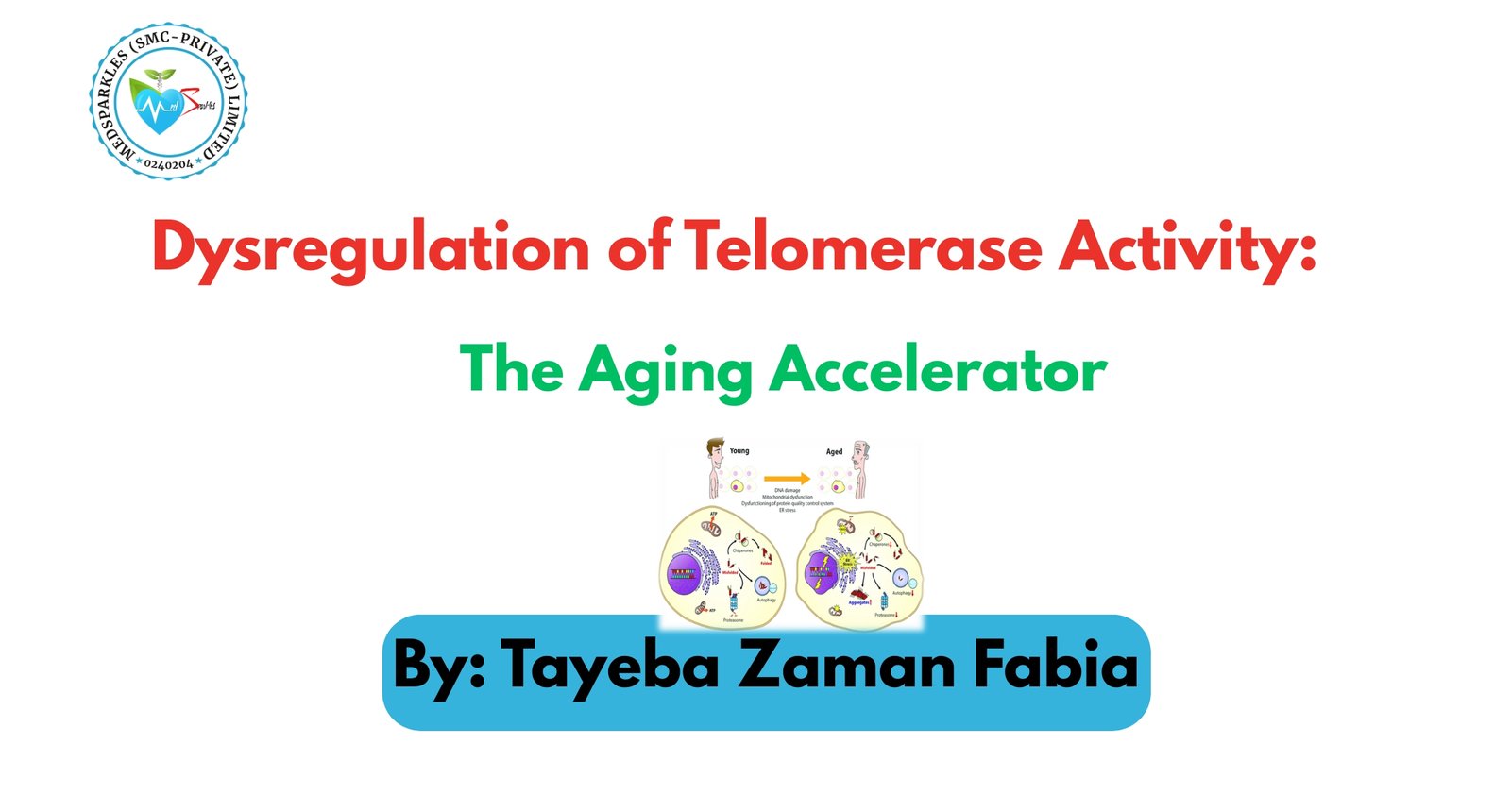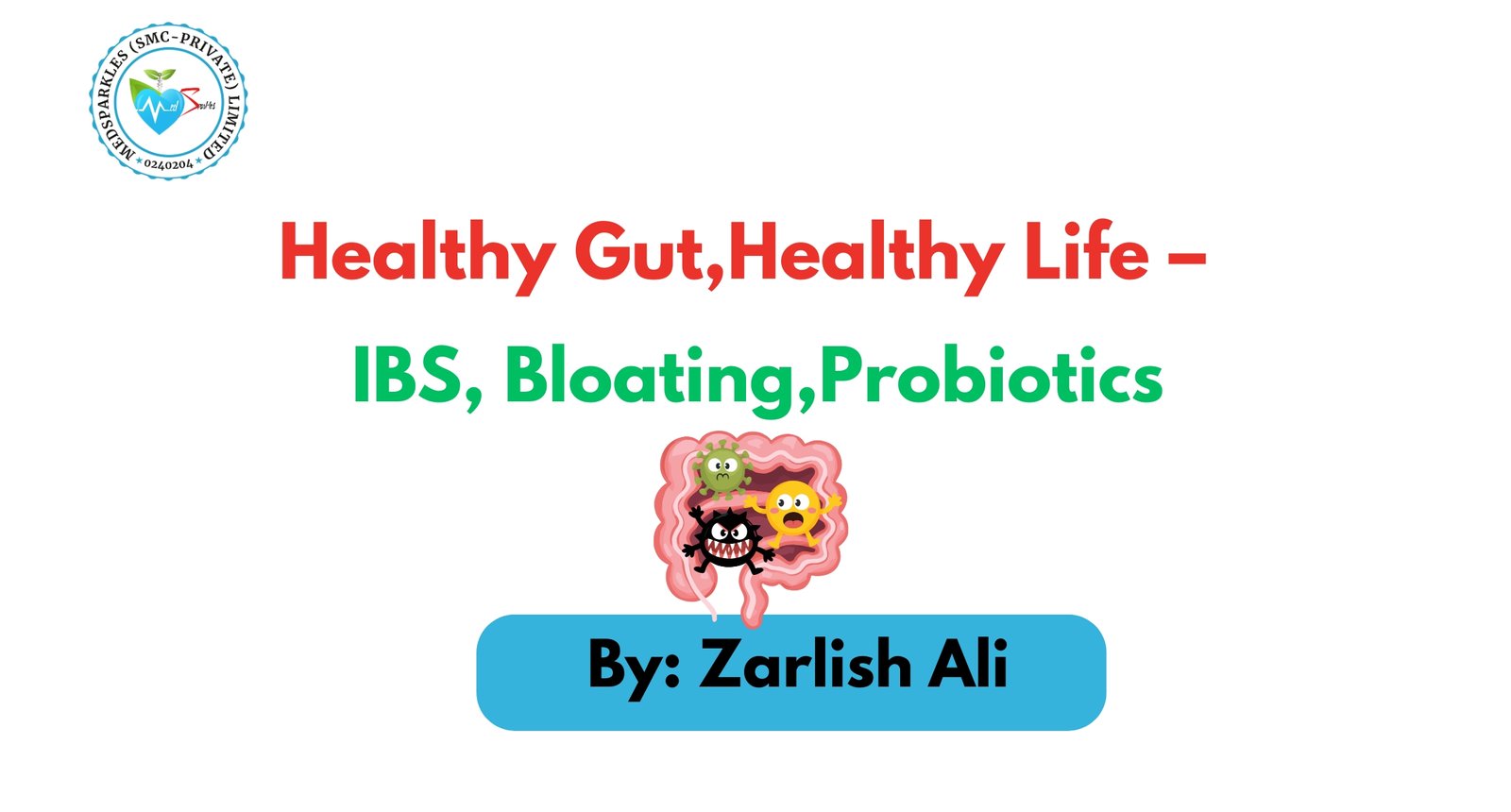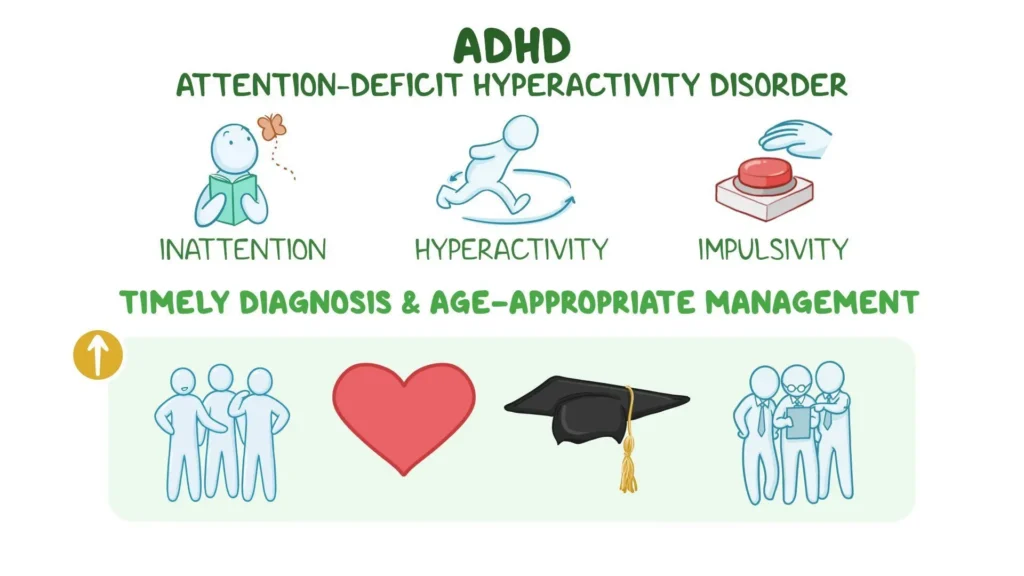
Attention deficit hypersensitivity disorder ADHD is a childhood disorder occurs in child under 2 years of age. ADHD occurs due to a neurological disorder. Most of the time it is not diagnosed early and affects the patient in adulthood also.
A child suffering from ADHD will have different behavior from normal children e,g he will face difficulty in completing one task and also find it impossible to do multitask. Child will be hyperactive and parents will find it difficult to put him to sleep or to send him to school.
ADHD effects child in doing his routine activities.
Causes
Although the exact cause is unknown, genetic factors are among the top ones to be deeply connected with this disease. There are different causes of ADHD some of the most prominent are listed below.
- Pre-mature birth leads to underdevelopment of brain. Neurological underdevelopment is directly linked with ADHD.
- Smoking and high use of alcohol during pregnancy have an impact on the brain development of a fetus. This puts the fetus at high risk of ADHD during early childhood.
- The main reason for ADHD is it runs in families. There is high risk of development of ADHD, if any family member suffers from it.
- Early childhood exposure to certain toxins such as lead.
Symptoms in Children
Child with ADHD starts showing symptoms at an early age but it is challenging to diagnose before the age of 12 and sometimes ADHD is diagnosed in adult age. Although it is more common in boys, it can also affect girls equally. ADHD symptoms can be seen in two settings, home and school. Children suffering from ADHD find it very difficult to complete a very common and usual task. Some common symptoms are,
- Hyperactivity
- Lack of attention
- Multitasking
- Inability to sit and focus on work
- Careless mistakes in schoolwork
- Difficulty in paying attention to task
- Get easily distracted
- Poor listening skills.
- Excessive talking
Symptoms in Adults
If ADHD is not treated in childhood, it persists in adult age. An adult suffering from ADHD shows various symptoms.
- Depression
- Procrastination
- Getting bore
- Frustration
- Mood swings
- Low self-esteem
- Anxiety
- Difficulty in organizing daily tasks
- Problem in time management
Diagnosis
It takes long time to diagnose ADHD. In most of cases, ADHD is not diagnosed in childhood and it leads to adult ADHD.
Doctors will take a long time to observe child behavior at different settings. Sometimes there may be a requirement to meet with the school teacher in order to properly diagnose the child condition. Doctor may prescribe
- Brain tests
- Thyroid tests
- Personality test
Neurologists and psychologists will work together to figure out the exact condition of the patient. It might be possible there is underlying anxiety and depression leading towards ADHD.
Treatment
Treatment of ADHD involves combination of therapies i.e. medication, behaviour therapy, cognitive behavioural therapy, diet changes, and lifestyle change. These different approaches are used according to the child’s condition.
Medication
Medications used for the management of ADHD includes stimulants and non-stimulants.
These medications help child to deal with symptoms like hyperactivity and inattention. Because their behavioral patterns affect their relations at home and at school.
- Stimulants include Methylphenidate and Amphetamines. These medications help to manage the symptoms of ADHD, that hinder a child’s day-to-day activities. These are fast-acting drugs and practitioners will prescribe these medications according to the situation of child.
- Non-stimulants include Viloxazine and Guanfacine. Non-stimulants are prescribed when stimulants do not work well. These are short-acting drugs.
Behavior therapy
First and foremost, parents are treated in behavior therapy. Because a young child cannot handle everything on his own, behavioral coaching is done to help parents deal with their child’s problems. Parents are advised to assist their children in simplifying and organizing their daily tasks. Show him more tolerance and understanding, and allow him to get through this challenging time with his parents’ help.
Cognitive Behavior Therapy
This behavioral therapy helps the child in their thinking and behavioral patterns. It helps to modulate the way a child thinks and implement his thinking in daily decisions. Through this therapy child can handle anxiety and depression in a much better way.

Life with ADHD
Although ADHD is deeply connected with genes, environmental factors also affect it. Sleep habits, eating habits, and exercise have a huge impact on the betterment of life with ADHD.
Sleeping Habits:
Children with ADHD are always hyperactive and it is very difficult for them to keep their minds away from thinking. Try to keep their rooms dark at sleep time and put their gadgets away from them. Getting better sleep for approximately 8-9 hours will affect their mood pattern. It will also affect their behavior and school performance.
Exercise:
Children doing a lot of physical activity during day time will be able to sleep more peacefully at night. Exercise for children includes jogging, walking, and running. It will reduce stress and enhance the release of brain chemicals like dopamine and norepinephrine. These are the chemicals that stimulant drugs contain. Hence, they best control ADHD symptoms and reduce hyperactivity. However it is important to avoid any physical activity during bedtime, it will disrupt sleep patterns and will increase hyperactivity.
Diet :
Healthy diet gives you a healthy mind and healthy body, this is so much true for ADHD. Diet may not play crucial role in the management of this disease but it helps to regain the focus of child in daily activities.
- High protein diet like cheese, butter, and meat helps the brain to improve concentration.
- Yogurt contains fat and this fat is required by brain cells for proper functioning. Adding yogurt to diet will improve the mental health of child.
- Food containing high amounts of carbohydrates like sugar syrups and drinks should be avoided. Moreover, caffeine caffeine-containing drinks that help to stimulate brain should also avoided.
The Bottom Line:
Attention deficit hyperactivity disorder is mostly linked with genes and is considered a genetic disease but environmental factors also play an important role in its progression. Children alone cannot fight this disease. It can be managed with the help of parents and parents need proper training to deal with such a hyperactive and less focused child. If symptoms get worse over time it is better to involve a psychologist and pediatrician to give the child a healthy and balanced life with managed ADHD symptoms.
